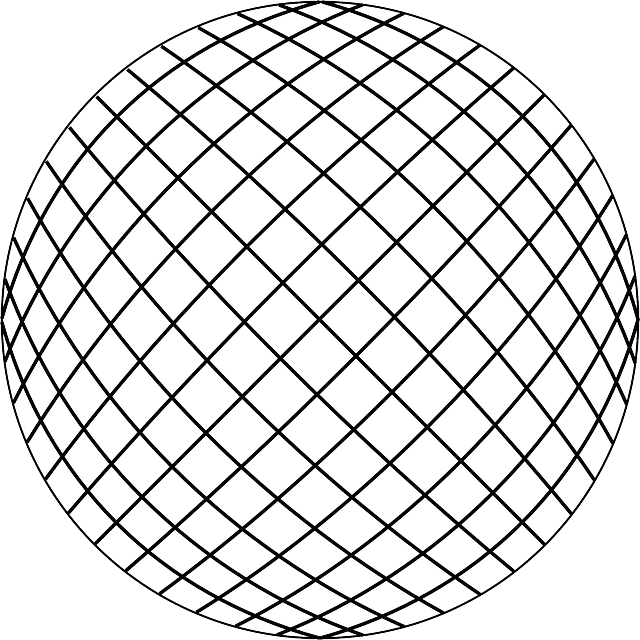Zinc, a key trace mineral in kratom (a Southeast Asian herb) and other vitamins/minerals, is vital for wound healing through its antimicrobial properties, collagen synthesis, and antioxidant role. When combined with kratom's pain relief and anti-inflammatory effects, zinc enhances tissue repair and regeneration, making this holistic approach effective for wound care while emphasizing the need for proper dosage and healthcare professional consultation due to potential individual tolerance issues and medication interactions.
“Zinc, an essential mineral often overlooked, plays a pivotal role in wound healing, accelerating tissue repair and boosting immunity. This article delves into the science behind zinc’s efficacy, exploring its mechanisms in the body. We also shine a light on kratom, a herb rich in vitamins and minerals, including zinc, offering potential therapeutic benefits. Furthermore, we discuss the synergistic effects of combining zinc and kratom for optimized wound care, considering their individual properties and collaborative advantages. For a comprehensive understanding of natural solutions for faster healing, read on.”
- The Role of Zinc in Wound Healing: Unraveling the Science
- Exploring Kratom and Its Vitamin/Mineral Composition: A Potential Boost for Healing
- Integrating Zinc and Kratom for Optimal Wound Care: Benefits and Considerations
The Role of Zinc in Wound Healing: Unraveling the Science
Zinc, a trace mineral often overlooked in our daily diets, plays an indispensable role in various physiological processes within the body, including wound healing. This essential micronutrient is a key component of over 30 different enzymes involved in cellular repair and regeneration. Its significance becomes especially apparent when considering the intricate mechanisms behind tissue restoration.
The science behind zinc’s efficacy in wound healing is multifaceted. It acts as a powerful antioxidant, neutralizing harmful free radicals generated during inflammation. Additionally, zinc facilitates the synthesis of collagen, a structural protein crucial for forming new skin and connective tissues. Studies have shown that adequate zinc levels accelerate epithelialization, the process by which cells migrate and cover wounds, ultimately leading to faster healing and improved tissue strength. Furthermore, zinc supports immune function, ensuring an effective response to infections and promoting a sterile environment conducive to wound recovery. In the context of kratom and other vitamins and minerals, zinc stands out as a vital contributor to overall health and efficient wound management.
Exploring Kratom and Its Vitamin/Mineral Composition: A Potential Boost for Healing
Kratom, a tropical herb native to Southeast Asia, has gained attention for its potential therapeutic benefits. Beyond its well-known effects as a mild stimulant and analgesic, kratom is rich in an array of vitamins and minerals that could contribute significantly to wound healing. Its composition includes essential nutrients like vitamin C, calcium, magnesium, iron, and various B vitamins. These micronutrients play pivotal roles in the body’s natural healing processes. Vitamin C, for instance, is crucial for collagen synthesis, a key component in tissue repair. Magnesium aids in inflammation reduction while promoting cell growth and proliferation.
The mineral composition of kratom also offers promising advantages. Zinc, in particular, is known to accelerate wound healing by enhancing epidermal regeneration and supporting immune response. Other minerals like calcium and iron facilitate blood clotting and tissue oxygenation respectively, both vital for efficient healing. Thus, exploring kratom as a source of these essential vitamins and minerals could provide a natural boost to the body’s inherent healing mechanisms.
Integrating Zinc and Kratom for Optimal Wound Care: Benefits and Considerations
Zinc is a vital mineral for wound healing, known for its antimicrobial properties and role in tissue repair. When combined with kratom—a plant-based medicine rich in vitamins and minerals—the synergy can enhance overall efficacy. Kratom’s natural pain-relieving and anti-inflammatory effects can complement zinc’s actions, accelerating the healing process.
Integrating these two offers a holistic approach to wound care. Zinc provides structural support for cells and facilitates the growth of new tissue, while kratom’s unique pharmacological properties can manage pain and inflammation associated with wounds. However, considerations are essential; individual tolerance and interactions with other medications should be taken into account. Proper dosage and consultation with healthcare professionals are crucial when combining zinc supplements and kratom for optimal wound healing.
Zinc, a vital mineral, plays a significant role in wound healing, while kratom, known for its kratom vitamins and minerals, offers potential benefits. Combining these two elements, particularly in integrated wound care practices, could revolutionize treatment strategies. By understanding the science behind zinc’s function and exploring the complementary properties of kratom, healthcare professionals can provide optimal care. Further research is needed to unlock the full potential of this mineral-plant synergy for enhanced healing outcomes.






